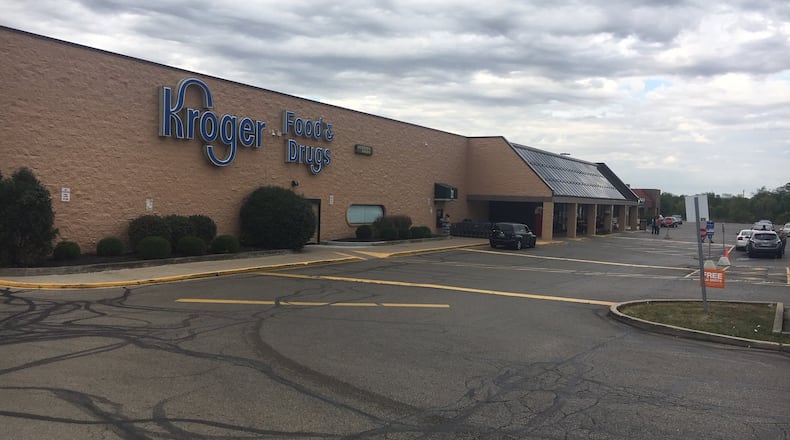The U.S. Department of Agriculture is piloting a program in other states that could make this an option in Ohio if the test is successful.
MORE: Needmore Kroger closing comes at ‘vulnerable time’ following tornadoes
For now, Bret Crow, spokesman for Ohio Department of Jobs and Family Services, said “online purchasing does not have rules around it yet for states to opt into.”
In April 2019, the USDA pointed to online ordering’s potential when officials announced that, for the first time, Supplemental Nutrition Assistance Program (SNAP) participants will be able to buy groceries online during a two-year test in New York.
With the pilot, New York clients can pay for the groceries at Amazon, ShopRite and Walmart with SNAP, but they have to pay for the delivery fee on their own.
As of Jan. 29, the SNAP online purchasing pilot expanded in Washington to Amazon and Walmart.
As the pilot progresses, more retailers and states will be launching the ability to pay with SNAP EBT online, with Alabama, Iowa, Maryland, Nebraska, New Jersey and Oregon also expected to participate in the test.
Meanwhile, when the Springfield store closing was announced last week, some local residents wondered on Facebook what it would mean for people with transportation limitations who depend on the store.
MORE: Trotwood, GFS project deal to fill grocery void at $2.5 million
Springfield resident Ron Vincent had said “a lot of people live close to that Kroger, because they can’t afford to get a car.”
In the Dayton region, while grocery options have flourished in affluent and growing southern and eastern suburbs, other stores have closed in mostly lower income areas.
Trotwood Foodtown closed in September, Kroger closed in November in Harrison Twp. in the Northridge area, and Kroger will close the Springfield store in March.
About the Author
